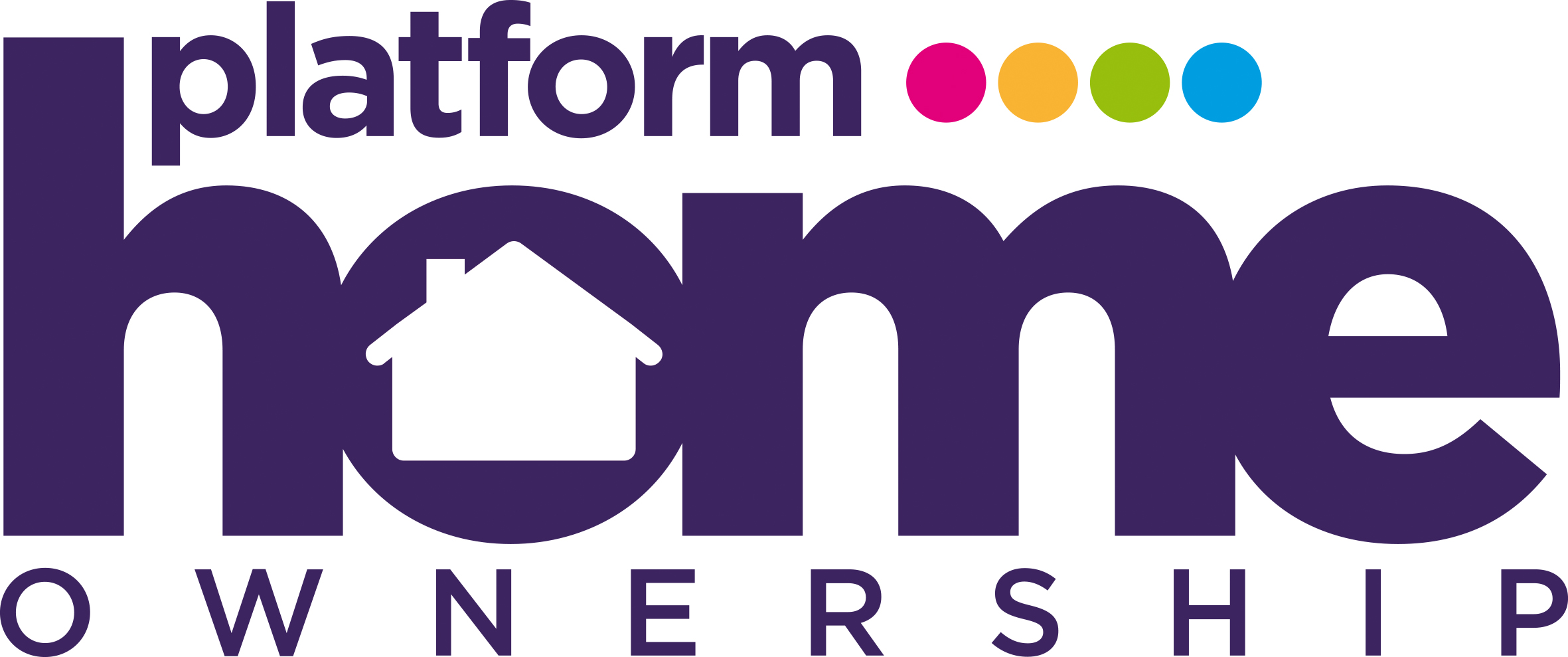
Support
Introduction
Here to Help, Whenever You Need It
As our customers, we always want to make sure that you feel informed, heard and supported.
Below you'll find a number of answers to common questions we're asked, as well as helpful links around the website or external support links you may need.
Remember, if you need us, you can always get in touch with us.
General Enquiries
Our Customer Service Team is available: Monday - Friday | 9am - 5pm.
At all other times, please leave a message.
When calling Platform, press Option 2 followed by Option 2.
0333 200 7304 To speak to our Customer Service Team
Support FAQs
Below you'll find a range of answers to some of the most common questions we experience here at Platform.
Can't find an answer to your question? Get in touch with us via the numbers above.
If you are looking to re-mortgage your home, we need to consent to your mortgage offer and require the following from you:
- Details of why your are remortgaging - such as to secure a better interest rate
- Details of your mortgage redemption figure provided by your current lender
- A copy of your new mortgage offer
Your rent account will also need to be up to date before we can give consent to your new mortgage offer.
If you are considering additional borrowing, please be aware that your total borrowing must not exceed the market value of your share in your home.
We cannot give consent to additional borrowing for property improvements, debt consolidation etc. We can only consent top further borrowing to allow you to buy further shares (staircasing), to carry out essential repairs to your home or allow one shared owner to buy out another shared owner's interest ( in the same property).
If you would like more information on remortgaging and/or further advances please email info@platformhg.com or phone our Customer Hub on 0333 200 7304.
If you would like to make changes to your home, please check your lease first. You do not need permission to carry out simple changes such as redecoration but you may need permission to carry out anything more complicated which may alter the structure of your property, internally or externally. Permission for replacing your kitchen or bathroom is included.
Some leases expressly ban you making structural alterations or additions to your home so it is important that you check your lease before planning any changes.
As well as our consent, you may also need to get planning permission from the local authority. You may also need approval from Building Control, including a Building Notice. For this reason, before applying for our consent, we recommend you contact your local council's Planning and Building Control departments.
If you have recently purchased a newly built property from us you will have been advised of the length of the Defects Liability Period for your home by your sales consultant.
The Defects Liability Period is the length of time that the builder is responsible for repairing certain faults and problems.
If you discover a fault please report it to us by phoning our customer hub on 0333 200 7304.
If the builder is responsible we will ask them to put it right.
If you are responsible for it, you will have to pay for any repairs and maintenance.
The contractor who built your home will contact you to arrange a time to visit your home and sort out the problem. Some defects may not be put right straight away-but we will tell you if there is going to be a delay and why.
If you are a shared owner, under the terms of your lease you are not permitted to rent your home to someone else.
If you are a leaseholder owning 100% of your home you may sublet your home but please provide the following contact details. This is so that we can ensure that service charge budgets, accounts information and legal notices for your property reach you and that we can contact you in an emergency.
- Your UK correspondence address
- Your contact telephone number and email address
- The names of the tenant(s) renting your property and their contact telephone number and email address
- The name and contact details of the managing agent for your property (if you have one)
You can email us on info@platformhg.com or phone our customer hub on 0333 200 7304 to let us know these details.
Please also note that if you are subletting your property, you assume landlord responsibilities and you must be aware of your legal obligations. You can find landlord guidelines on renting out your property on www.gov.uk/renting-out-a-property .
You are responsible for your behaviour at all times, in your own home and your neighbourhood.
You are also responsible for the behaviour of your family, other people living in your home and any visitors.
If you cause a nuisance to your neighbours, or other people living in your neighbourhood, you're breaking your tenancy conditions. We ask you not to cause any kind of nuisance to others and to let us knw if someone in your neighbourhood is causing a nuisance. Where possible, we aim to prevent anti-social behaviour and we rely on you to help us.
What is Anti-Social Behaviour?
The Anti-Social Behaviour Act 2003 defines anti-social behaviour as any conduct to which sections 153A (1) and 153 (2) of the Housing Act apply. These sections apply to conduct which:
- Is capable of causing nuisance or annoyance to any person: and directly or indirectly relates to or affects the housing management functions of a relevant landlord: or
- Consists of or involves using threatening to use housing accommodation owned or managed by relevant landlord for an unlawful purpose.
The Anti-Social Behaviour, Crime and Policing Act 2014 was introduced to streamline the existing tools and powers available to deal with anti-social behaviour.
Anti-social behaviour is day-to-day incidents of crime, nuisance and disorder that make many people's lives a misery- from litter and vandalism, to public drunkenness or aggressive dogs, to noisy or abusive neighbours. Such a wide range of behaviour means that responsibility for dealing with anti-social behaviour is shared between a number of agencies, particularly, the police, councils and social landlords.
Examples
- Drug or substance misuse or dealing
- Alcohol-related behaviour
- Prostitution
- Begging
- Noise nuisance
- Rowdy neighbours
- Uncontrolled animals or dangerous dogs (according to the Dangerous Dogs Act 1991)
- Acts directed at people (harassment, intimidation, abuse, threats, phone calls, hate incidents)
- Physical violence (other than domestic violence)
- Other nuisance behaviour
We can help if you have a problem with your neighbours, suffering from anti-social behaviour or more serious issues such as hate crime incidents.
If you're experiencing domestic abuse, here's who to contact, how we respond and some agencies we work alongside.
Emergency
In an emergency please call the police on 999.
National Domestic Violence Helpline
A national helpline which is available all year round:
Freephone: 08088010327
Men's Advice Line: 08009995428
Platform Customers
We can offer specialist to our customers - including referrals to other agencies who can arrange emergency accommodation - and general advice and guidance.
If you are a Platform customer and need to report domestic abuse, or if you have any concerns or questions, please contact us by ringing 0333 200 7304 (Phone lines are open 8:30am - 5pm | Monday - Friday)
